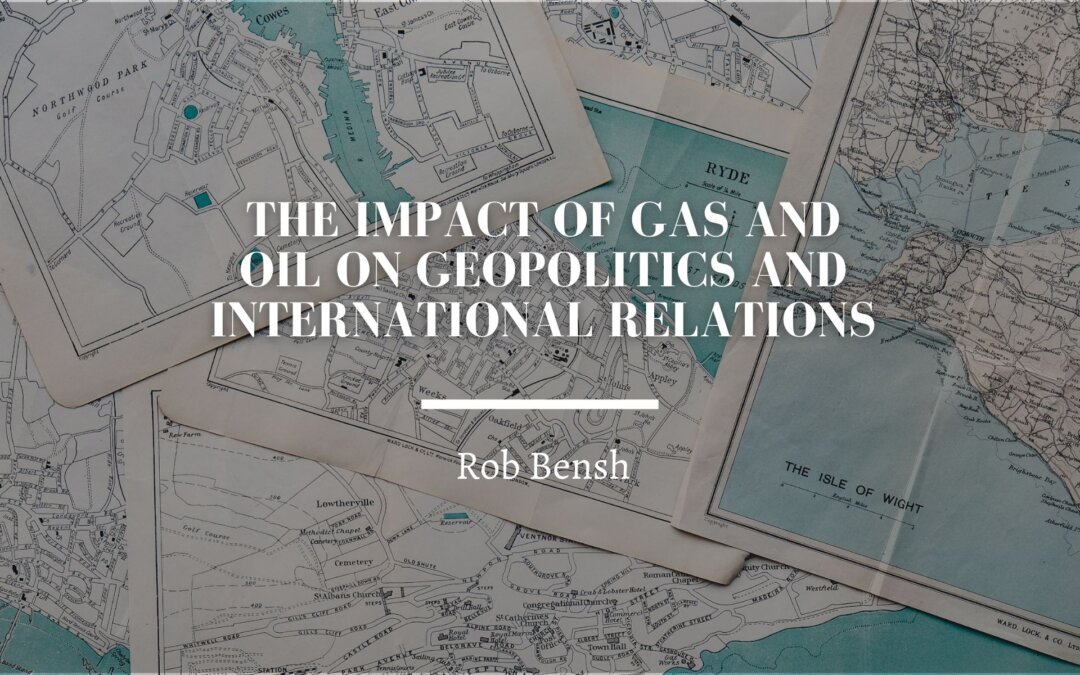The geopolitical implications of gas and oil have long influenced international relations, with access to and control over these resources often at the center of global conflicts. However, the ongoing energy transition towards renewables and low-carbon electricity is poised to reshape the traditional dynamics of oil geopolitics. In this blog post, we will explore the historical context, the current energy transition, and the potential consequences for global geopolitics.
Historical Significance of Oil Geopolitics:
Throughout the 20th century, geopolitical rivalries over oil resources played a crucial role in shaping international relations. The quest for oil reserves and control over supply routes contributed to conflicts and tensions worldwide. The significance of oil in international relations cannot be underestimated, as it has been a major driver of economic and political strategies for nations.
The Current Energy Transition:
The global energy economy is undergoing a rapid transformation, shifting from fossil fuels to renewables and low-carbon electricity. This transition is driven by concerns over climate change, the falling costs of renewable technologies, and the increasing adoption of electric vehicles. The financial sector, which is less vested in fossil fuels, is embracing this transition more readily than the energy industry establishment.
Implications for Geopolitics:
If the transition to renewables and low-carbon electricity occurs more rapidly than anticipated, it could have significant geopolitical implications. Oil-exporting countries heavily reliant on hydrocarbon revenues may face economic vulnerabilities if demand for oil and gas decreases. The Middle East and North Africa region, already grappling with political and economic challenges, would be particularly exposed to these disruptions. This could potentially lead to increased political instability, state failures, and migration issues, particularly for Europe.
The Rise of Renewables:
Renewable energy sources, such as solar and wind power, have distinct advantages in terms of availability and production. Unlike oil, renewables are widely used and can be produced locally, reducing dependency on dominant fuel suppliers and minimizing the risk of supply disruptions. While certain minerals required for renewable technologies may pose supply constraints, they are manageable compared to the conflicts associated with oil supply.
The Fading Significance of Oil Geopolitics:
As the energy transition progresses, the importance of oil geopolitics is likely to diminish. Renewables offer a more diverse and distributed energy landscape, reducing the influence of traditional oil-producing regions. The shift towards renewables will enable countries to develop self-sufficiency in energy production, mitigating the need for geopolitical competition over finite resources.
The impact of gas and oil on geopolitics and international relations has been profound over the past century. However, the ongoing energy transition towards renewables and low-carbon electricity presents an opportunity to reshape the geopolitical landscape. Countries heavily reliant on oil revenues must diversify their economies to mitigate the risks associated with decreasing demand. While challenges remain, the rise of renewables offers the potential for a more sustainable and geopolitically stable energy future.
